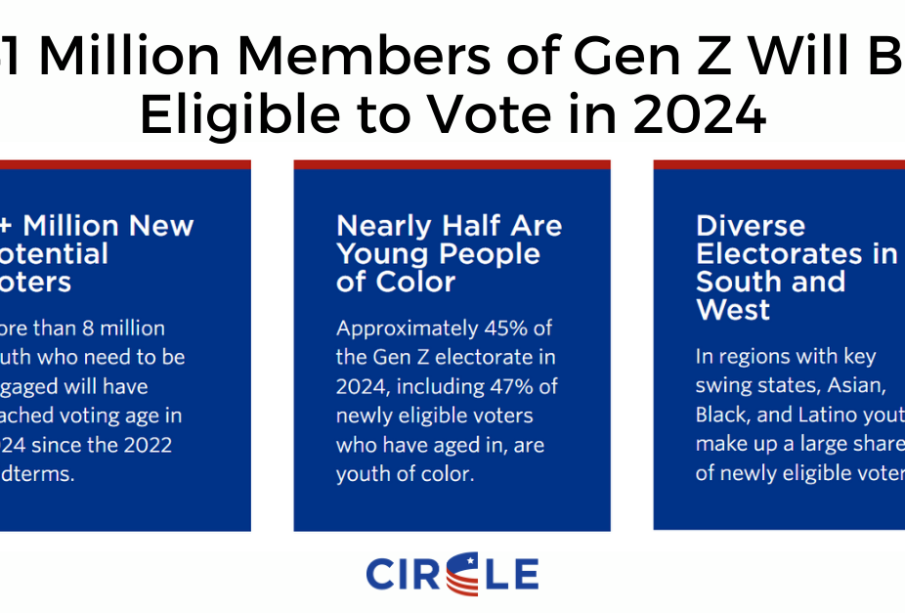The Importance of Discussing Voting Age in the UK

Introduction: The Relevance of Voting Age
The voting age is a pivotal topic within democratic societies, influencing the participation of young people in political processes. As various countries continue to debate and reconsider the appropriate age for voting, this issue has significant implications not only for the youth but for the democratic system as a whole. In the United Kingdom, the legal voting age currently stands at 18, but discussions about lowering it are gaining momentum.
Current Discussions and Proposals
Recently, the topic of voting age has been at the forefront of political discussions, especially in light of initiatives aimed at empowering younger citizens. Several organisations, including youth advocacy groups and political parties, are lobbying to lower the voting age to 16. Proponents argue that this change would increase civic engagement among young people, allowing them to have a say in issues that directly affect their lives, such as education, climate change, and healthcare.
Countries like Scotland have already taken steps in this direction, allowing 16-year-olds to vote in local elections and the Scottish Parliament. This practice has raised questions about the capability and maturity of younger voters and whether they are informed enough to make such significant decisions. Advocates highlight that at 16, many young people are already taking on responsibilities such as working, paying taxes, and contributing to their communities, and thus should also have a voice in governance.
Arguments Against Lowering the Voting Age
On the other hand, opponents of lowering the voting age express concerns regarding the readiness of teenagers to engage in complex political issues. They argue that decision-making at this age may lack the depth and understanding that older voters possess. They also fear that a lower voting age could lead to manipulation by political parties aiming to influence younger voters, who might not possess fully developed critical thinking skills needed for such decisions.
Conclusion: The Future of Voting Age Discussions
As advocacy for lowering the voting age continues to grow, it becomes increasingly important for society to engage in constructive dialogue about the value of youth representation in politics. The conversation surrounding voters aged 16 and older is not just about eligibility; it’s about ensuring that the voices of younger generations are heard and valued in shaping their futures. With upcoming elections and a dynamic political landscape, it remains to be seen whether changes will be implemented in the near future. Nonetheless, the significance of age in voting will undoubtedly continue to be a vital debate in the UK and beyond, highlighting the ongoing evolution of democratic practices.









